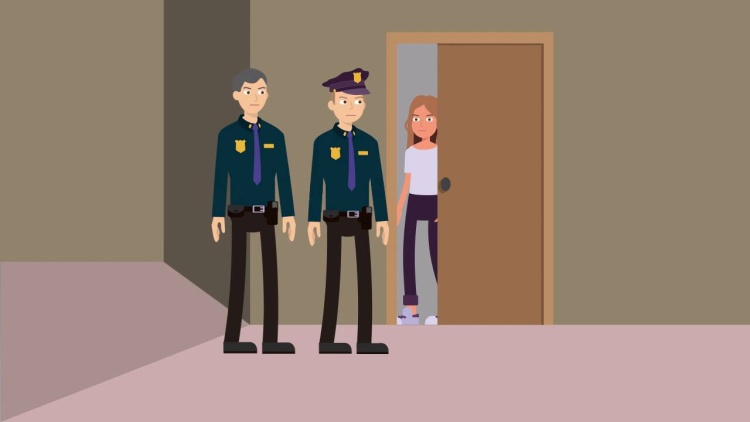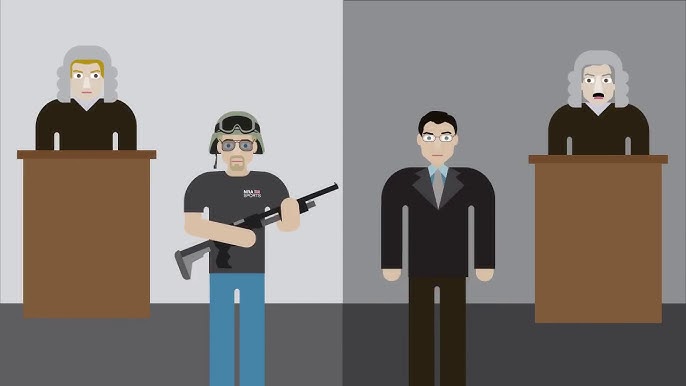Florida, known as the “Sunshine State,” boasts beautiful beaches, diverse ecosystems, and…complex gun laws. Whether you’re a lifelong resident or a recent transplant, navigating these regulations can be tricky. But fear not, fellow Floridians! This post aims to shed light on your rights and responsibilities as a gun owner in the state.
Owning a Firearm:
- Age: You must be at least 21 to purchase a handgun, but 18 for long guns (rifles and shotguns). Military and law enforcement exceptions apply.
- Residency: Only Florida residents can purchase handguns within the state.
- Background Checks: All purchases require a background check, with a three-day waiting period for handguns.
- Permits: No permit is required to simply own a firearm in Florida.
- Prohibited Individuals: Those convicted of felonies, domestic violence offenses, or under certain restraining orders cannot own firearms.
Carrying a Concealed Weapon:
- Permit: A Concealed Weapons License (CWL) is mandatory to carry a concealed handgun.
- Eligibility: Applicants must be 21+, US citizens or permanent residents, pass a background check, and complete an approved training course.
- Restrictions: Carrying is prohibited in specific locations like courthouses,schools, and certain events. Open carry of handguns is illegal throughout Florida.
Additional Considerations:
- Safe Storage: It’s your responsibility to store firearms securely to prevent unauthorized access, especially around children.
- Transportation: When transporting firearms in a vehicle, keep them unloaded, locked, and inaccessible to the driver and passengers.
- Self-Defense Laws: Stand Your Ground allows the use of deadly force in self-defense situations when you reasonably believe your life or safety is in danger. However, understanding the nuances of this law is crucial to avoid legal complications.
Remember: Gun laws are dynamic and can change quickly. It’s essential to stay informed by checking official sources like the Florida Department of Agriculture and Consumer Services and seeking legal advice when unsure.
Disclaimer: This blog post is for informational purposes only and does not constitute legal advice. Please consult with an attorney for specific legal guidance.



